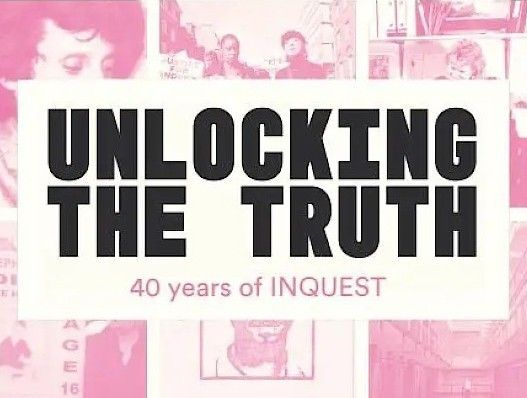When Death Investigations go Wrong: New research reveals the risks of wrongful conviction
all credits: Innocence Project
published: 15 August 2025
Image Credit: mohamedhassan at www.FreeRangeStock.com
When a person dies under unexpected or suspicious circumstances, medicolegal death investigators, including coroners and medical examiners, are tasked with determining how and why.
But flawed investigations which are often the result of unconscious biases, a lack of standards, and insufficient training and oversight can deliver misleading and inaccurate findings that in turn may lead to wrongful convictions and leave victims’ families without justice.
At the latest Just Data: Advancing the Innocence Movement event hosted by the Innocence Project in June, experts unveiled troubling findings from an independent audit of Maryland’s Office of the Chief Medical Examiner (OCME), which reviewed deaths that occurred during or shortly after individuals were restrained, typically by law enforcement.
In 44 of the 87 cases, independent examiners disagreed with the OCME’s official manner-of-death ruling, including 36 deaths that reviewers deemed homicides but OCME had classified as undetermined, accidental, or even natural.
Reviewers also found that “excited” or “agitated” delirium — a controversial and discredited diagnosis often used to explain deaths in police custody — appeared in 42 of the cases, and was disproportionately applied to people of color. The use of this label obscures the true cause of death, shielding potential misconduct and preventing families from demanding accountability.















